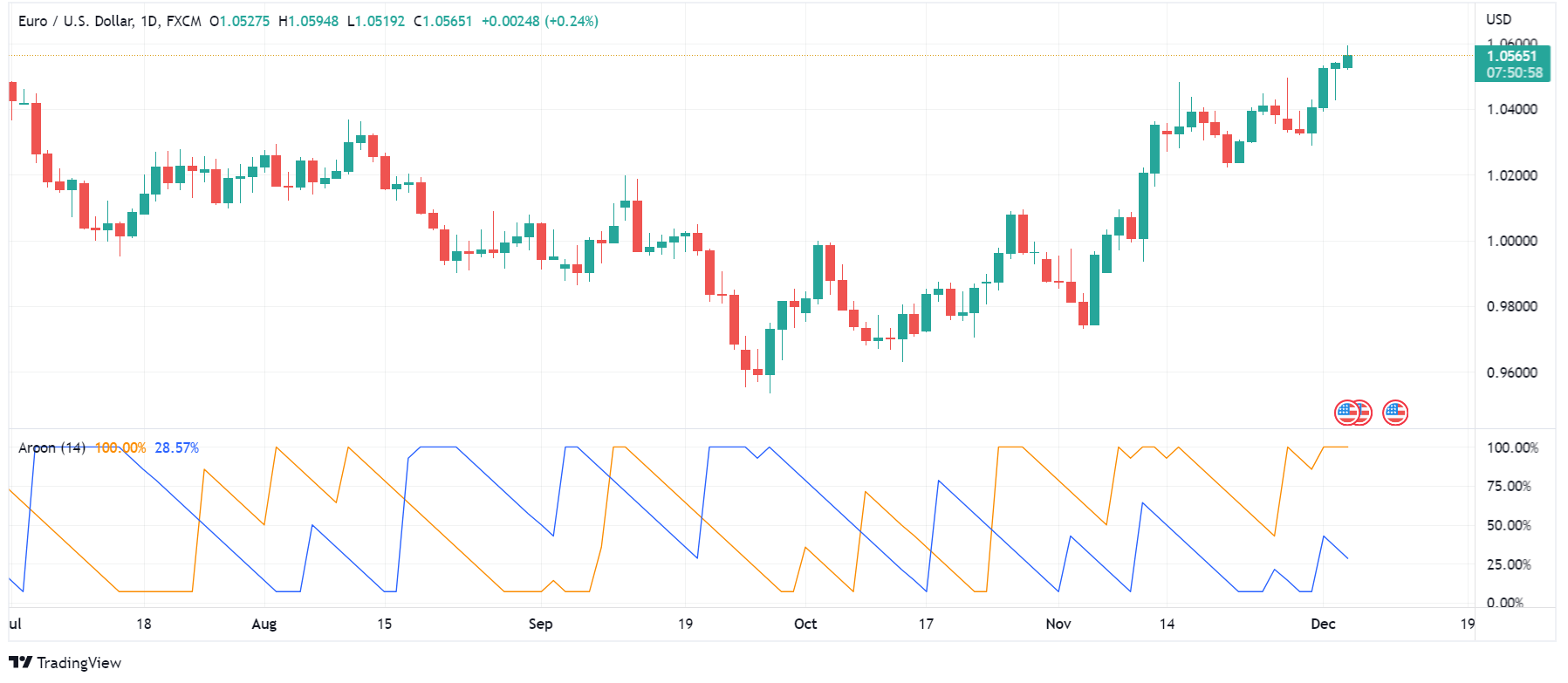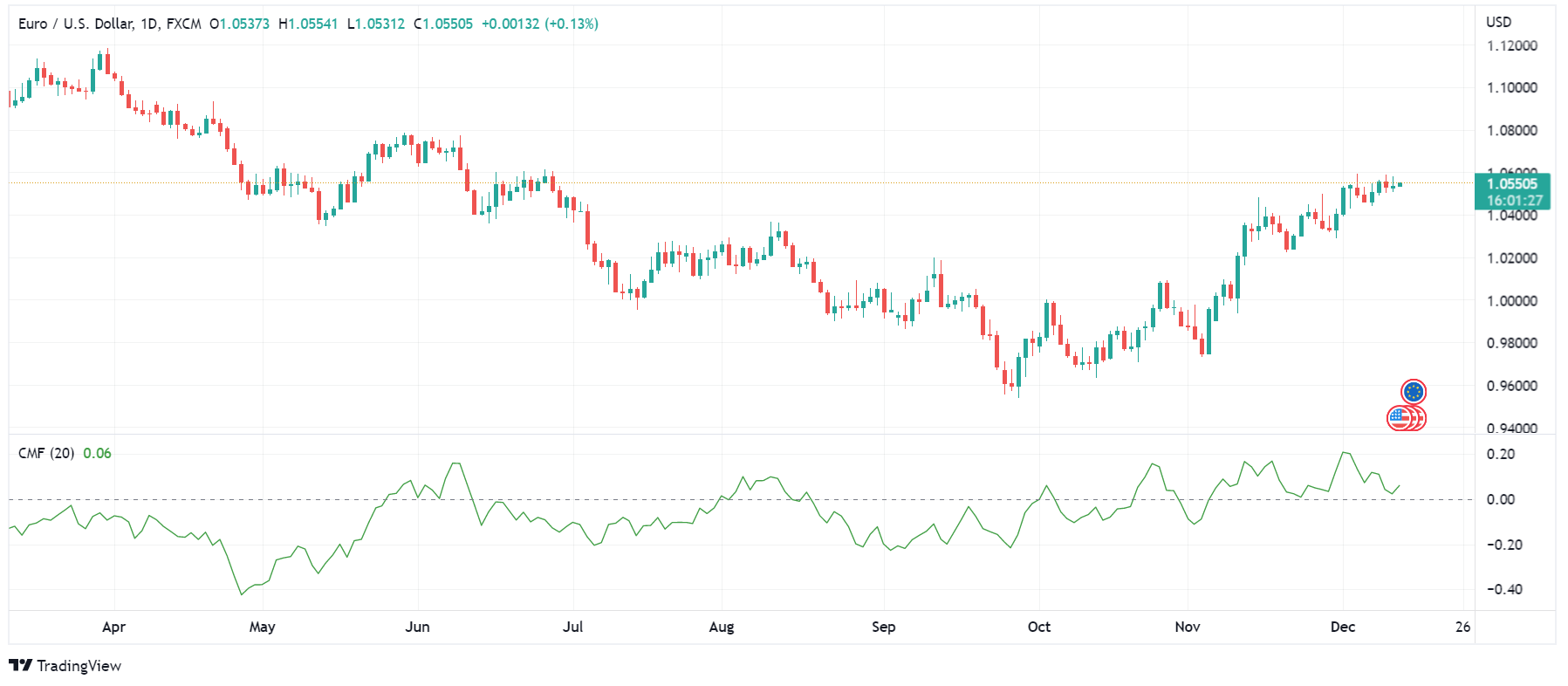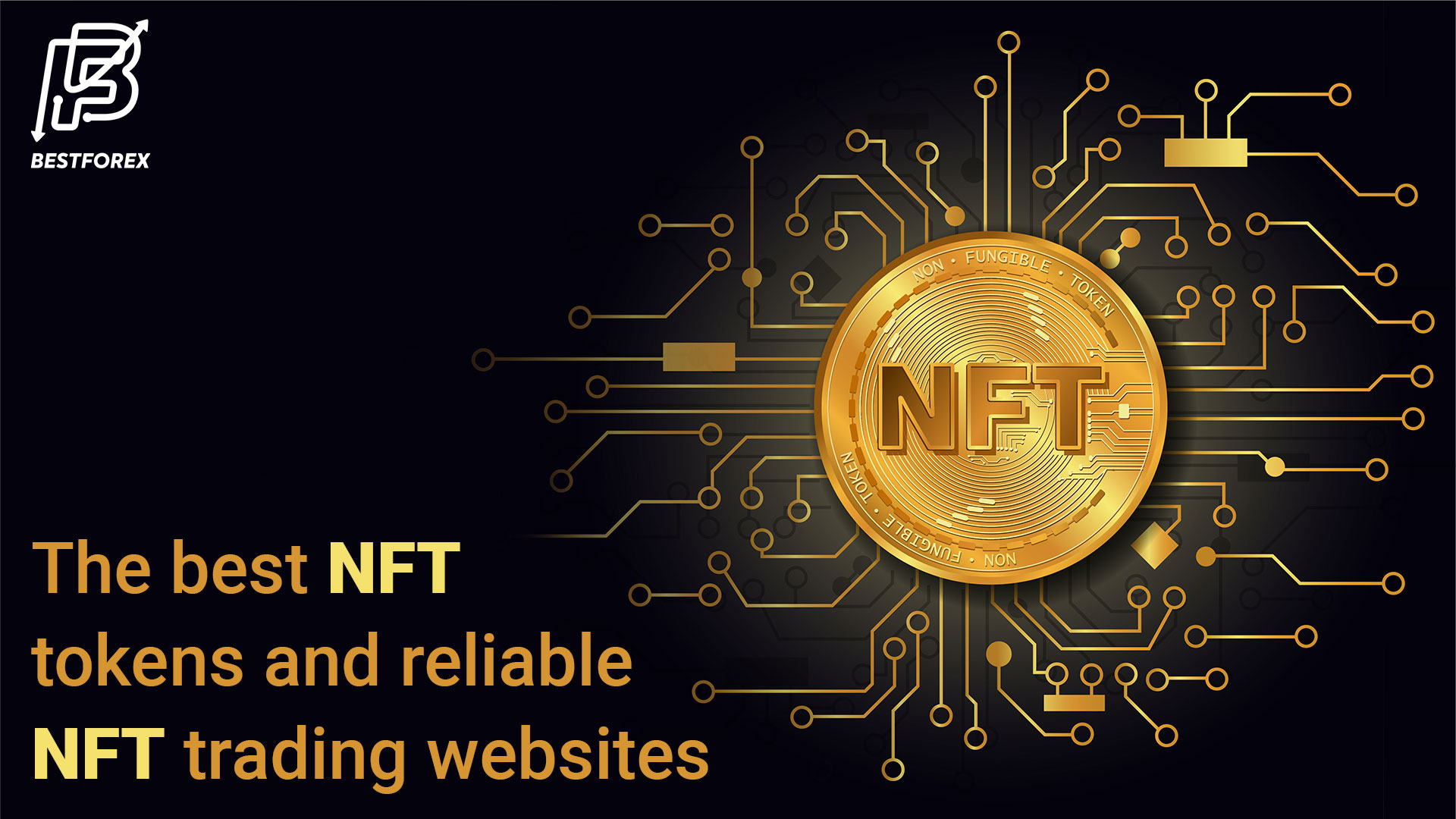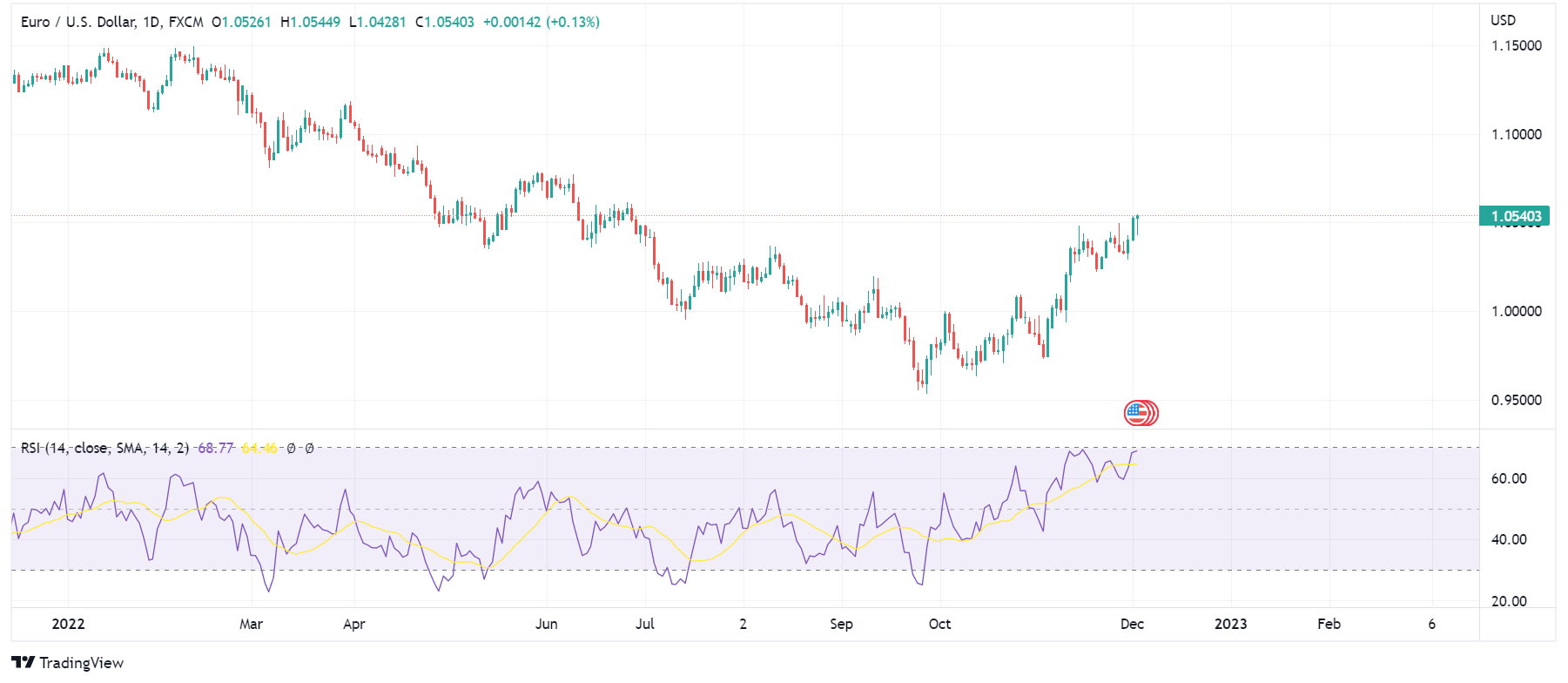
Introduction
Digital or virtual tokens known as cryptocurrencies use cryptography to secure their transactions and limit the production of new units. They are based on a distributed ledger technology known as blockchain and are decentralized, which means they are not supported by any government or financial organization. Since the first cryptocurrency, Bitcoin, in 2009, thousands of additional cryptocurrencies have appeared, each with a distinct level of use and popularity.
Advantages of Cryptocurrencies over Fiat Currencies:
Cryptocurrency proponents assert that they have the following benefits over conventional government currencies:
- Decentralization: Unlike fiat money, cryptocurrencies are not under the control of a single entity or organization, and their transactions are not subject to regulation or manipulation by the government. They consequently become more resilient to inflation, corruption, and suppression.
- Security: Cryptocurrencies employ sophisticated cryptography to safeguard transactions and avoid fraud and double-spending. Because of this, they are more private than common payment options like wire transfers or credit cards.
- Transparency: Due to the use of blockchain technology, all network transactions are transparent and auditable to the public, ensuring a high degree of accountability.
- Lower fees: Especially for international transactions, cryptocurrency transactions are quicker and with lower fees than conventional payment methods.
- Accessibility: Cryptocurrencies are more available to people who might not have access to conventional financial services because anyone with an internet connection, regardless of location or financial situation, can use them.
Limitations of Cryptocurrencies compared to Fiat Currencies
Despite these benefits, there are still a number of obstacles that cryptocurrencies must overcome if they are to completely substitute fiat money.
- Adoption: Compared to fiat currencies, cryptocurrencies still have a tiny market share, and it will take time for them to become more widely accepted. Although some companies and people have started to take cryptocurrencies as payment, many still favor using conventional payment methods.
- Volatility: Compared to more stable fiat currencies, the value of cryptocurrencies can be highly volatile, which may make them less desirable as a store of value or a means of trade. Due to this volatility, both businesses and people may find it challenging to price their products and services in cryptocurrencies and to plan their personal finances accordingly.
- Regulation: Because crypto assets are still largely unregulated in many areas of the world, it is hard for them to compete with fiat currencies, which have the support of governments and are governed by regulations. In some instances, government restrictions or outright bans on the use of cryptocurrencies have occurred, which could hinder their uptake and development.
- Infrastructure: There are still technological and usability issues that developers need to address concerning the infrastructure for using cryptocurrencies, such as wallets, exchanges, and payment processors. For instance, some coins are challenging for non-technical users to use. Also, hackers have occasionally compromised exchanges and wallets, resulting in the loss of money.
- Energy consumption: Another issue is the amount of needed energy for cryptocurrency mining and transaction handling. The substantial energy consumption of Bitcoin, in particular, has drawn criticism, raising questions about its sustainability and environmental effect.
Final Words
Overall, while cryptocurrencies have the ability to upend established financial systems, it is unclear whether they will ever completely substitute fiat money. They might coexist with conventional currencies or even be creatively and newly incorporated into current financial systems. The potential for cryptocurrencies to displace fiat currencies is under the influence of new advancements and innovations as the crypto industry develops and matures.
Read more articles here.
external sources: https://www.investopedia.com/tech/bitcoin-or-altcoin-can-one-them-replace-fiat/



























Greetings! Very useful advice in this particular article! Its the little changes that will make the biggest changes. Thanks for sharing!
You need to be a part of a contest for one of the greatest blogs on the net. I will highly recommend this blog!
Thanks, the more the, merrier 🙂